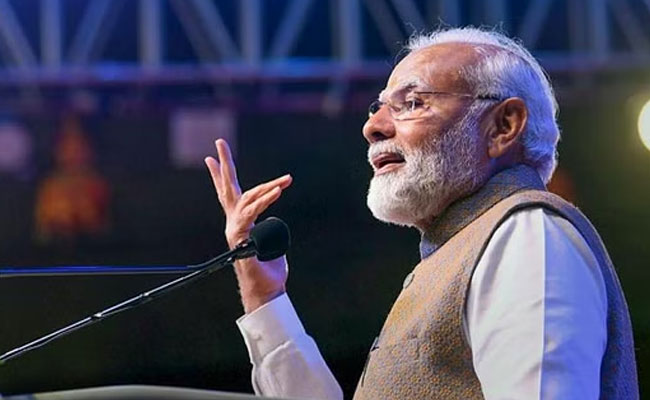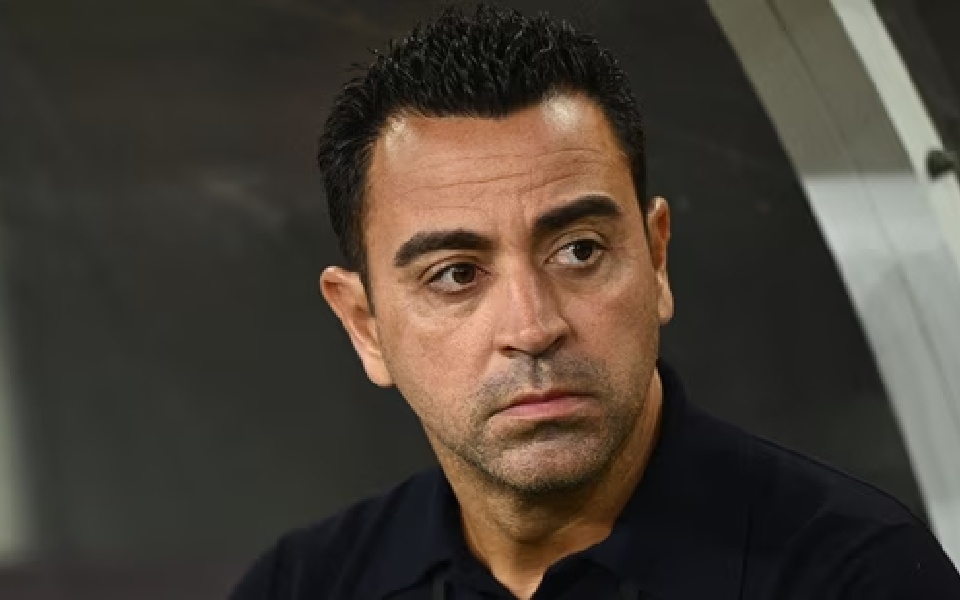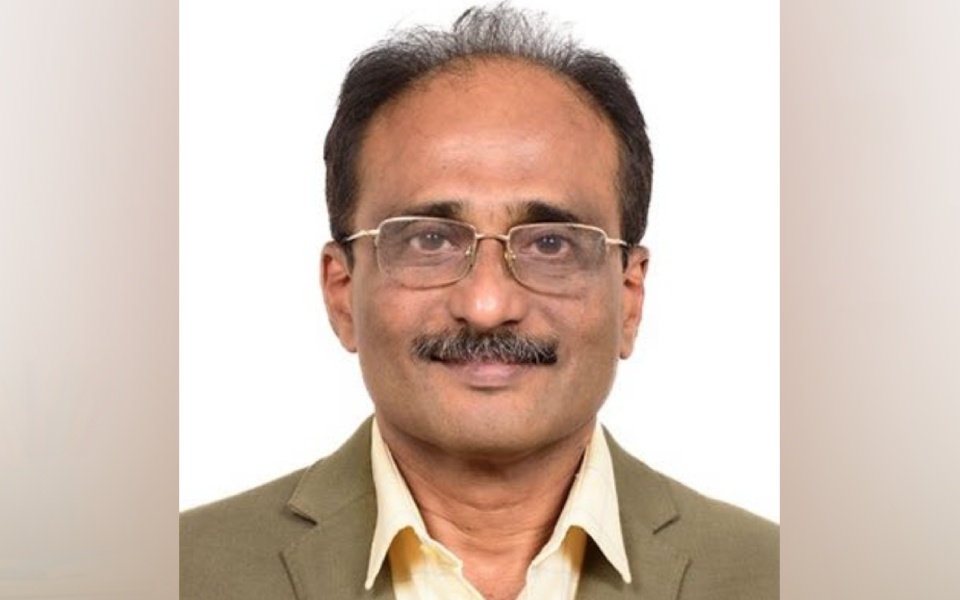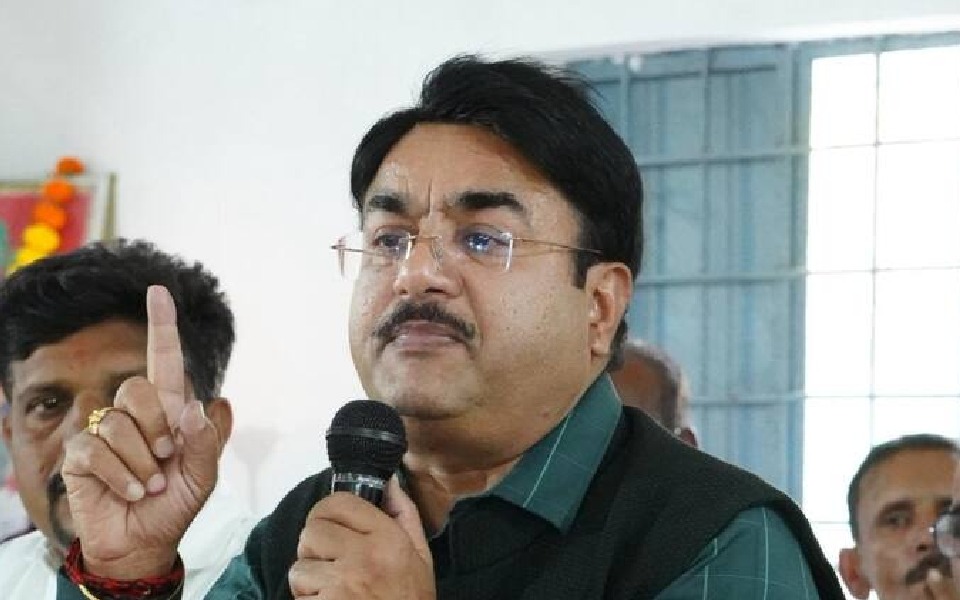New Delhi (PTI): Technology will help India achieve the target of becoming a developed nation by 2047, Prime Minister Narendra Modi said on Tuesday, as he outlined the massive and modern digital infrastructure being created to ensure that benefits of digital revolution reach all citizens.
Addressing a post-Budget webinar on 'Unleashing the Potential: Ease of Living Using Technology', Modi said the government wants to reduce the cost of compliance of small businesses, and asked the industry to formulate a list of unnecessary compliances that can be pruned.
"We want to reduce the compliance cost of small businesses. Can you (industry) formulate a list of unnecessary compliances that can be pruned. We have finished 40,000 compliances," Modi said.
India is creating a modern digital infrastructure, and ensuring that benefits of digital revolution reach every section of the society, he noted.
Citing certain examples, he said technology is being used to make the tax system faceless to address problems of taxpayers.
Technologies like 5G and AI (Artificial Intelligence) are leading conversations now and poised to transform areas like medicine, education, agriculture, and many other sectors, Modi said adding technology formed the base of One Nation One Ration, and the JAM (Jan Dhan Yojana, Aadhaar and Mobile number) trinity helped in giving benefits to the poor.
"Now between your grievances and the redressal there is no person, just technology," he said.
The prime minister exhorted stakeholders to identify 10 problem areas facing the common man which can be solved using AI. He said the 21st century is technology-driven, and one cannot restrict it to just digital, and internet technology.
"Every budget in the past few years has stressed the ease of living for people with the help of technology. In this year's budget also, the priority is given to technology and a human touch," he said.
He also said the government interventions have now been reduced and citizens do not consider the government to be an obstacle. The prime minister asked various departments to collectively think about using technology for solving their problems and reaching global standards.
"Going a step further, we can identify the areas where dialogue with the government can be further eased," he added.
Further, he emphasised on the need to keep updating the training process under 'Mission Karmayogi' and highlighted that with modifications based on the feedback from the citizens, significant improvement can be witnessed.
Modi suggested creating a system where feedback can be easily submitted to improve the training. Citing examples of the use of technology in the government, he mentioned the Digilocker services for entities where companies and organizations can store their documents and also share them with government agencies. He suggested exploring ways to expand these services so that more people can benefit from them.
Further, Modi stressed on the need to brainstorm and identify the obstacles faced by MSMEs.
"The lack of trust between the government and the people is the result of a mindset of slavery," he remarked and pointed out that the government has won back the trust of the citizens by decriminalizing petty offences and becoming a loan guarantor for MSMEs.
Highlighting the role of technology, Modi pointed out that technology can help create a finished product that can help in capturing the global market. The success of the budget or any government policy, he said, depends on how well it is prepared but also highlighted the importance of people's cooperation.
Let the Truth be known. If you read VB and like VB, please be a VB Supporter and Help us deliver the Truth to one and all.
New Delhi: The All India Football Federation (AIFF) was taken by surprise during its ongoing search for a new head coach for the Indian national football team, when it received an application from none other than former Barcelona legend Xavi Hernandez.
According to a report in the Times of India, Xavi’s name was listed among several other applicants, including former India head coach Stephen Constantine and ex-Liverpool player Harry Kewell. What raised eyebrows was that the application had been sent from Xavi’s personal email address. However, the contact number field was left blank, which left AIFF officials unsure about how to proceed.
Confirming the development, AIFF’s National Team Director Subrata Paul told TOI, “It’s correct that Xavi’s name was there. The application was emailed to the AIFF.”
Despite the excitement around such a high-profile name, the AIFF had to reject Xavi’s application due to budgetary limitations. A member of the AIFF's technical committee admitted that while it was flattering to receive Xavi’s interest, it was simply not feasible. “Even if Xavi was genuinely interested in Indian football and could be convinced to take up the job, we would need a lot of money,” the official told TOI.
Xavi had earlier stated in an interview that he closely follows Indian football, largely due to the increasing presence of Spanish coaches in the Indian Super League (ISL).
Xavi Hernandez, a product of FC Barcelona’s famed La Masia academy, is widely regarded as one of the greatest midfielders of all time. Known for his vision and passing accuracy, he played 767 official matches for Barcelona, forming a formidable midfield trio alongside Andres Iniesta and Sergio Busquets.
During his playing career at Barcelona, Xavi won five La Liga titles, three Copa del Rey trophies, and three UEFA Champions League titles. After leaving the club in 2015, he joined Al Sadd in Qatar, where he added four more trophies before retiring in 2019. On the international stage, Xavi was a key part of the Spanish national team that won the UEFA Euro titles in 2008 and 2012, and the FIFA World Cup in 2010.
As a coach, Xavi enjoyed notable success with Barcelona as well, leading the team to victory in the 2023 Supercopa de España and the 2022–23 La Liga season.





